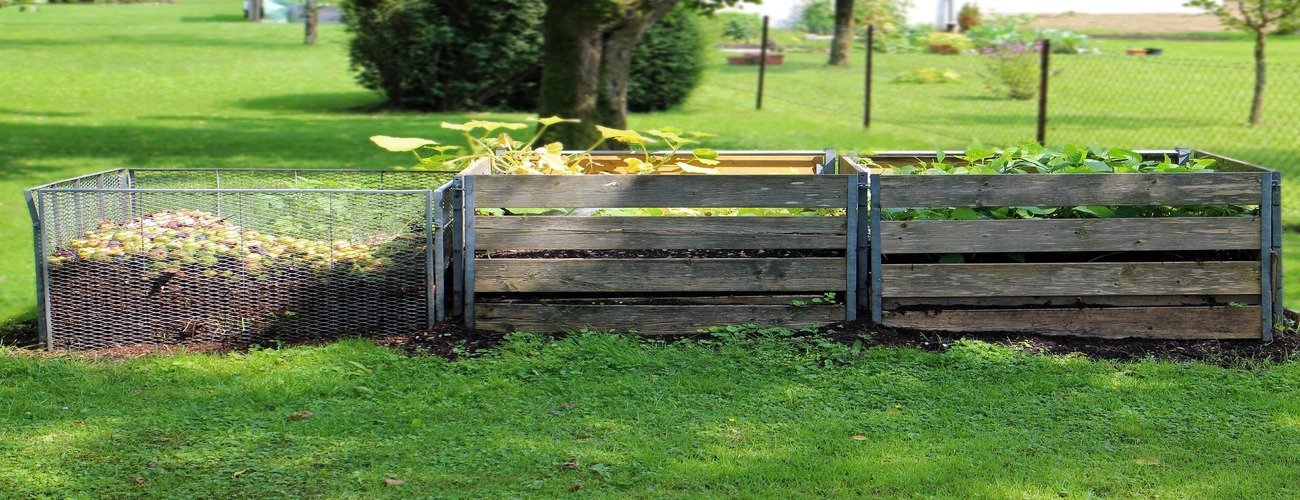Composting: the secret to nutrient-rich soil
By: Sarah Ward
New and avid gardeners alike spend a large portion of their planting season choosing the right types of soil and mix-ins to create an ideal environment to help plants thrive throughout their growing season. Creating a compost bin allows you to have access to a nutrient-rich soil booster that can be used in planting and throughout the growing season. Composting methods vary depending on how much compost you want to produce, your space and preferred time-commitment. Regardless of the method you choose, the basic principles of composting remain the same.
What items can be composted?
Composting puts kitchen scraps to use and benefits your plants throughout their season by balancing soil pH, increasing nutrients, creating a better soil structure, and improving moisture retention. The items you add to your compost are important, we recommend using organic matter and refraining from using chemical-treated items such as paper and cardboard.
Organic matter that can be composted:
Outdoor composting
Outdoor composting is best done in warmer months, starting in spring will help jump-start your soil for the planting season. You can choose to build a composting bed or purchase a pre-made composting unit. The composting bed should be placed in a shaded spot with little to no sunlight. Your compost should consist of ⅓ green materials and ⅔ brown materials and should be moistened regularly. The compost will need to be turned regularly to keep the compost well-vented.
How to use your compost
When the compost is dark and crumbly, it’s ready to use! Your nutrient-rich compost can be used in a number of ways throughout your garden and outdoor spaces. Here are a few of our favorite uses:
No matter the composting method you choose, creating a composting system that works best for your needs will provide your plants with the nutrients they need to thrive throughout the season. As always, we at Cantrell Gardens are here to answer your questions and guide you in your gardening journey. Give us a call today or come on into the store and say hello in person! Remember to check back next month for more helpful tips and tricks. Happy gardening!


